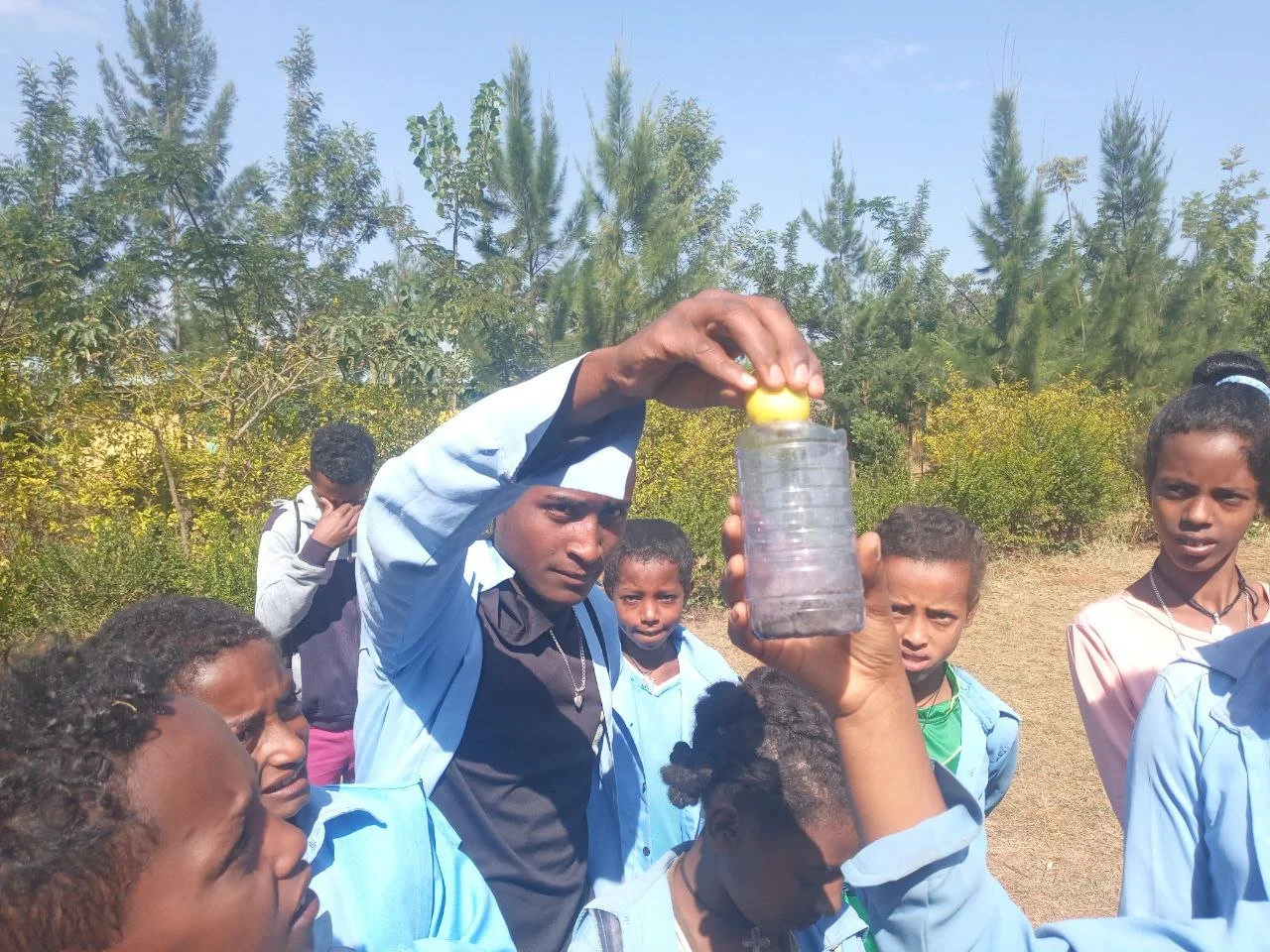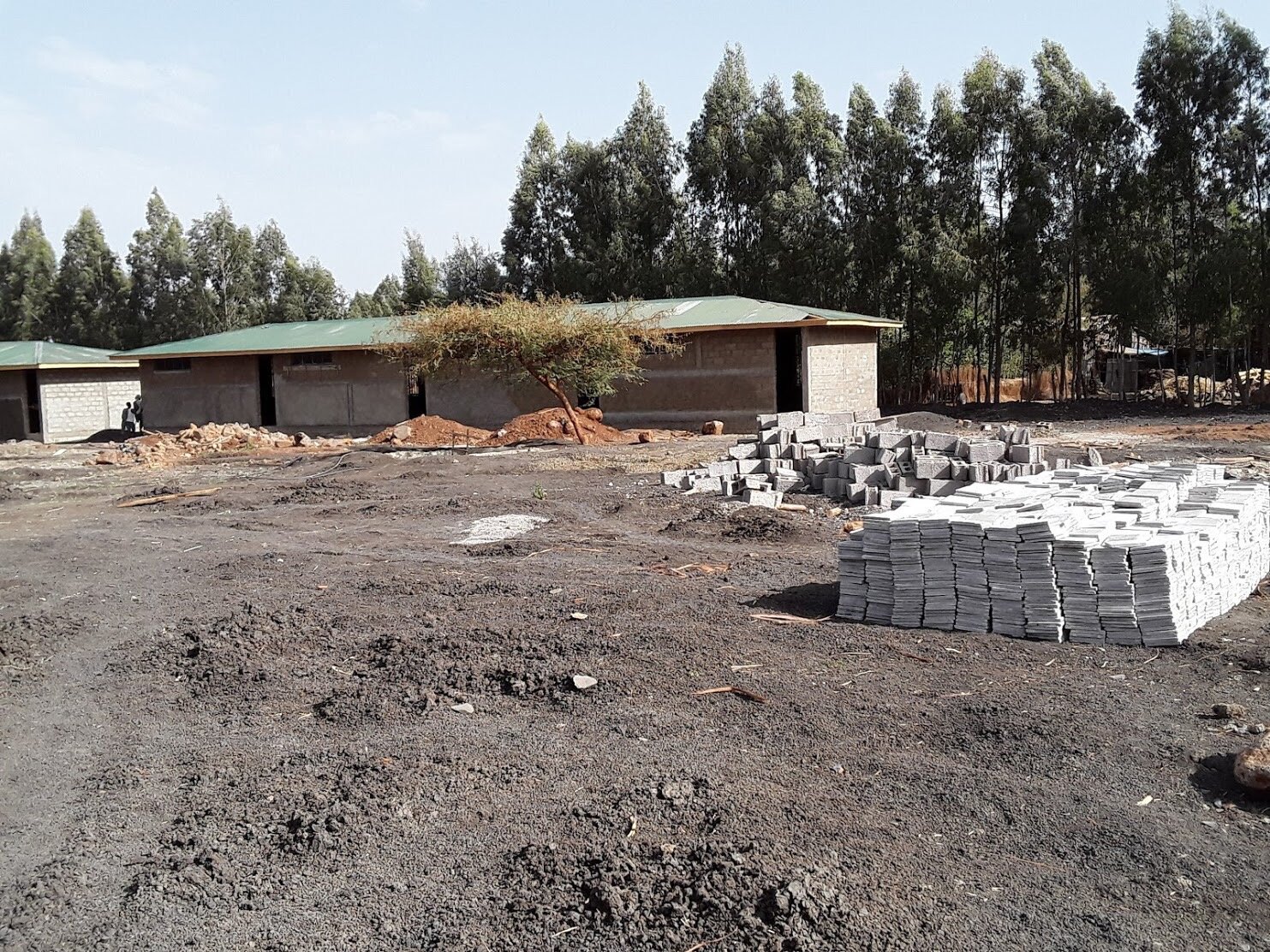David and I just returned from a very rewarding trip to Ethiopia. Our schools and programs have exceeded our wildest hopes and dreams in terms of achievement, creative and effective teaching methods, income generation from educational gardening programs, health programs, and widespread support. One of the schools (Debre Work) has gone from the Department of Education ranking of lowest of 63 schools in the district to highest in the 3 years that we have been involved. Our second- built school (Azena) is no longer included in the rankings in its district as it is so far above other schools in every regard that it is not considered to be comparable.
While we were cautious about COVID, it did not prevent us from partaking in any activities. The unrest in the Tigray region is a long way from our work, and again, had no effect on us.
We travelled with the Partners team to 11 of the schools, including our first school and three still under construction. It was incredible to see the enthusiasm of both students and teachers in the classrooms and the productivity of the gardens. We attended several meetings of community and school committee members, teachers, administration, and government officials and were awed by the level of cooperation and collaboration amongst them. They share a huge commitment to providing access to education for all, particularly girls, and to making that education of the highest quality.
We now have 17 schools, home to over 27,000 students and 750 teachers. Our team is up to 8 permanent and 2 part-time dedicated staff, several of whose salaries are funded by Operation Eyesight Universal and an Oxford University research grant. We hope to continue with our strategic plan of building 4 schools per year, however the combination of COVID and the war has resulted in rampant inflation, and given our resolve not to sacrifice quality for quantity, the number will depend on our ability to raise funds.
Thanks for your continuing support!
Gina



















